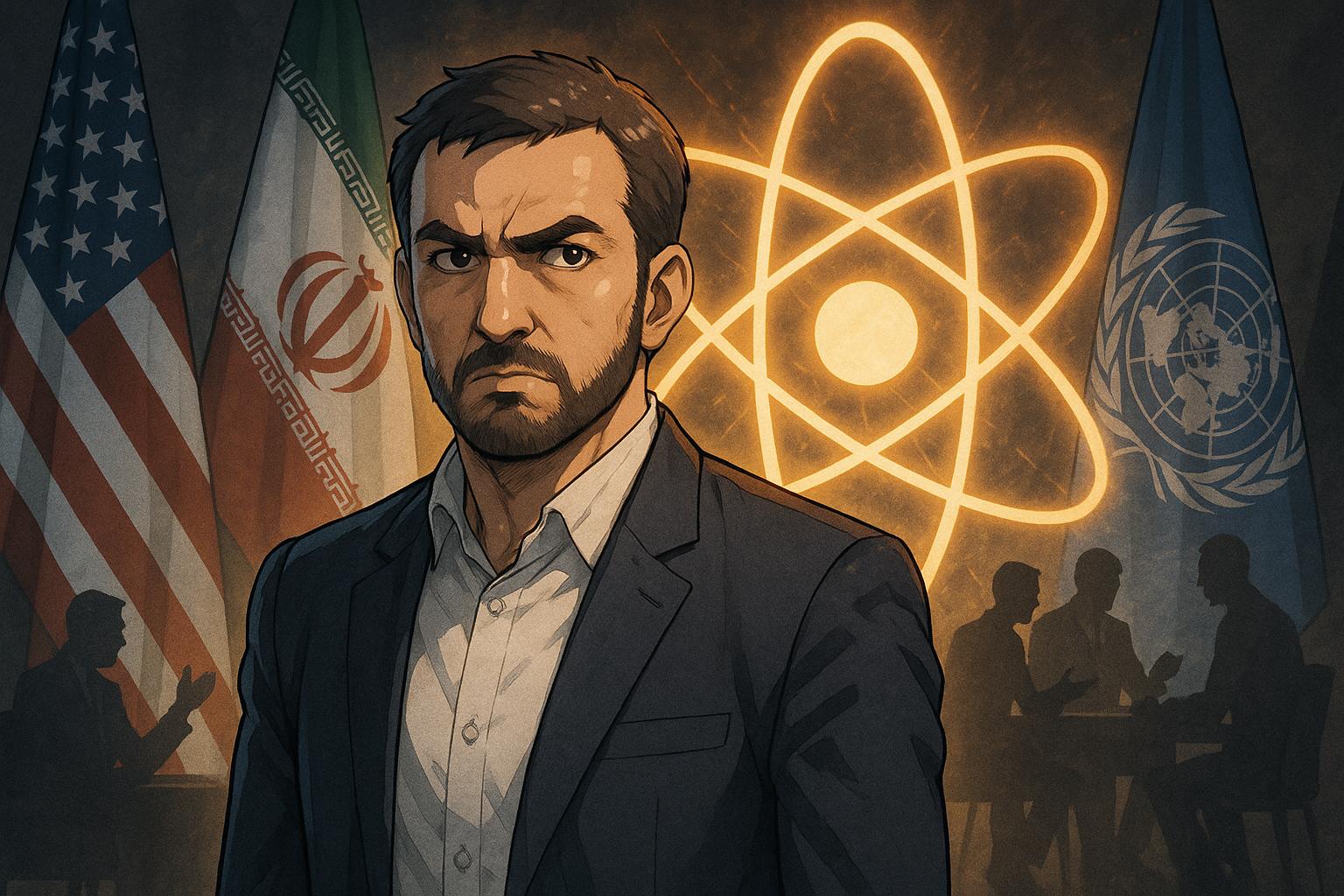Iran's nuclear negotiations are at a critical juncture, as tensions have escalated following comments from Peter Mandelson, the UK ambassador to Washington, which appeared to align closely with the US stance advocating for the complete elimination of Iran's uranium enrichment capabilities. This development has prompted Iranian Foreign Minister Abbas Araghchi to declare that if the UK continues to pursue a zero-enrichment policy, there would be "nothing left for us to discuss on the nuclear issue."
The backdrop of this diplomatic tension is the ongoing struggle between Iran's right to enrich uranium—viewed by Tehran as a matter of sovereignty—and concerns from the US and its allies about the potential for these capabilities to facilitate the development of nuclear weapons. Araghchi's condemnation of Mandelson’s remarks highlights Iran's position that such demands would violate both the nuclear non-proliferation treaty and the commitments outlined in the 2015 Joint Comprehensive Plan of Action (JCPoA). Under this agreement, Iran is permitted to enrich uranium to a maximum of 3.75% purity, contingent upon stringent international inspections.
Recent rounds of negotiations, which involved US officials and intermediaries from Oman, have revealed limited progress, although Araghchi noted that discussions with European nations continued amid the backdrop of heightened geopolitical uncertainties. Despite these complexities, a potential shift appears on the horizon. Iran's nuclear chief, Mohammad Eslami, recently suggested that Iran might permit US inspectors to monitor its nuclear activities, marking a willingness to explore avenues for dialogue that could alleviate mutual concerns.
Compounding the situation is the role of the International Atomic Energy Agency (IAEA), led by Rafael Grossi, who has reiterated that any new accord must include rigorous inspection protocols to ensure compliance. As Iran has escalated its uranium enrichment to nearly 60% purity—close to weapons-grade—the need for robust oversight is increasingly critical. Grossi has expressed cautious optimism that a workable solution may emerge despite current impasses, hinting at the possibility of reconciling the stark differences between US demands and Iran's insistence on its enrichment rights.
Adding to the intricacy of the negotiations, the recent fifth round of talks in Rome underscored the challenges both parties face in achieving a comprehensive agreement. Amidst ongoing economic difficulties, social unrest in Iran, and international sanctions, the Iranian leadership is under significant pressure to secure a deal that could alleviate both their domestic crises and international isolation. Diplomatic efforts are further complicated by the sidelining of European powers—Britain, France, and Germany—in ongoing US-led discussions, which have sparked concerns over the long-term stability of the negotiations. The E3 have expressed their continuing commitment to dialogue, even as they grapple with the implications of their diminished role in the process.
As the discussions progress, the prospect of an interim agreement looms, with potential provisions for the lifting of certain sanctions against Iran in exchange for verification measures. However, the overarching sentiment from both sides remains one of cautious optimism, underpinned by the necessity of finding common ground in an increasingly volatile landscape. Iran is poised to navigate these treacherous waters, inclined to maintain its enrichment programmes while engaging in dialogue that could safeguard its sovereign rights and alleviate the pressures of international isolation.
##Reference Map:
- Paragraph 1 – [1], [2]
- Paragraph 2 – [1], [3], [4]
- Paragraph 3 – [2], [7]
- Paragraph 4 – [1], [6]
- Paragraph 5 – [3], [5]
Source: Noah Wire Services
